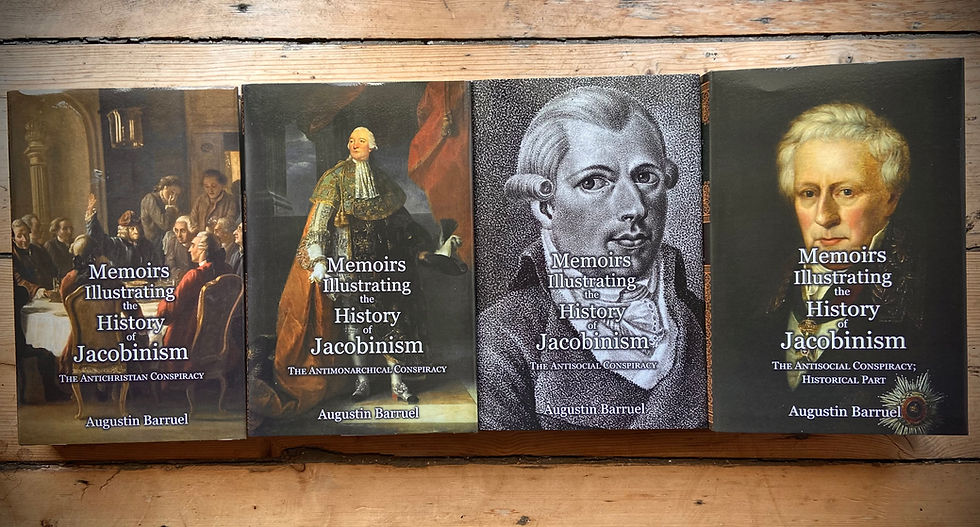Salvador de Madariaga's Bolivar
- Alex Kurtagic

- Feb 20, 2019
- 2 min read
A real eye-opener, this biography. In his country of birth, this man, Bolívar, has the status of a god—infinitely brave, wise, visionary. Madariaga's work was intended as a corrective to the numerous hagiographies that had been written on the aforementioned. What emerges here is the portrait of a wealthy creole consumed by ambition and self-regard. Having lost both parents early in life, as a young man he had his head pumped with Rousseauan ideas by his tutor, Simon Rodríguez (a bad apple). Then came Napoleon, who so greatly impressed the passionate Bolivar that he thereafter modelled himself after the victorious Corsican (Bolívar's portraits corroborate this). He waged war against Spain to separate her from her American colonies, having, along with a tiny handful of fellow wealthy Freemasons, artificially manufactured a political crisis and exploited the disruption and power vacuum caused by Napoleon's conquests, as well as the poor rule of Ferdinand VII, once restored—artificially manufactured, because it seems the colonial subjects were not interested in breaking with Spain until he convinced them with propaganda, rhetoric, and outright lies. Once victorious, and having ruined the economy of hitherto prosperous and well run colonies, he sold the gold mines to British or American concerns to pay the war debts, putting the economy in the hock to foreign powers right from the outset. He also proved a brutal, authoritarian ruler. The most incredible part of the story is that, after the years of struggle to break with Spain, after all the death and destruction, he then shopped around for a European prince willing to run the newly liberated territories (none were interested). Eventually, he bitterly concluded that said territories were ungovernable, on account of the factiousness and capriciousness of local leaders, and seems to have come to regret the entire project of liberation. This is, at least, is how it appears here, which offers a remarkable lesson in self-serving historiography, if true, because what Madariaga paints is certainly not the picture that emerges from the history taught in the schoolbooks where Bolívar was from. Madariaga's is certainly a condemnation whose repercussions go far beyond the life of his subject, but he does point out Bolívar's good qualities as well, which match some parts of the legend, such as his bravery, generosity, and immense energy, of which many examples are given. The book itself is long and a bit of a hard slog at times. Moreover, although a political liberal, Madariaga overdetermines the role of Bolivar's mixed blood in shaping his character, speculating for a couple of pages that it may have been the source of an inner conflict that ultimately led to his rejecting Spain in favour of the rest. This may or may not have been a factor, but it will sound odd to most readers today, and, because over-general, is an unsatisfactory explanation of Bolivar's peculiar contradictions. However, the narrative is replete with interesting details and what one learns from this singularly unimpressed biographer is well worth one's time.




Comments